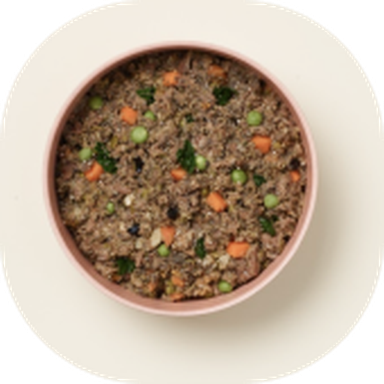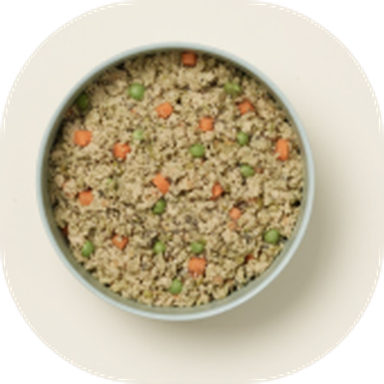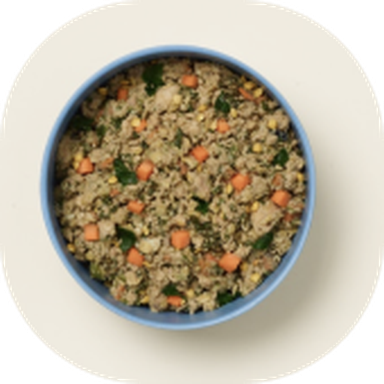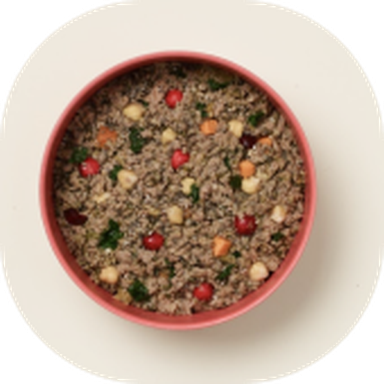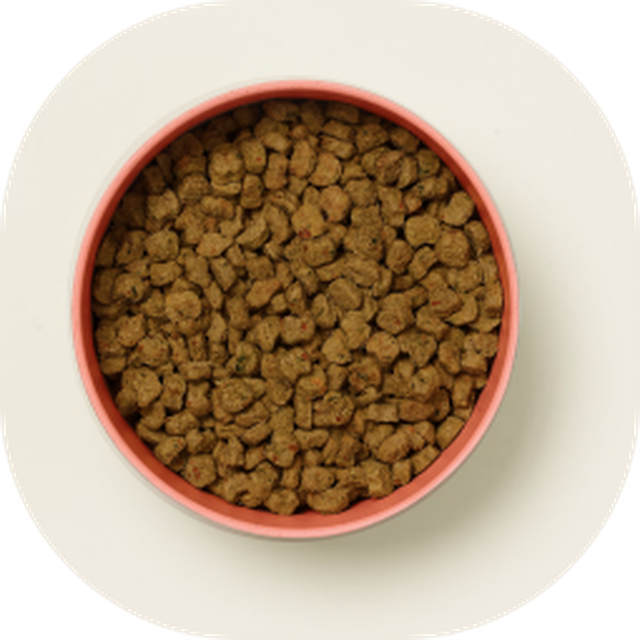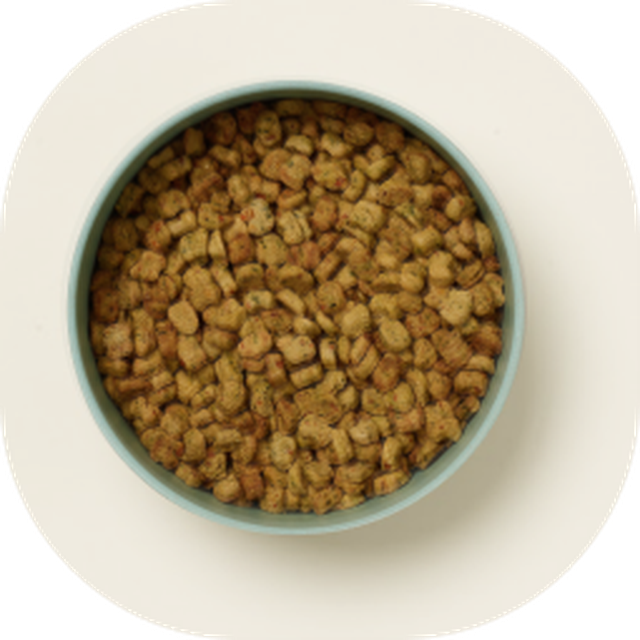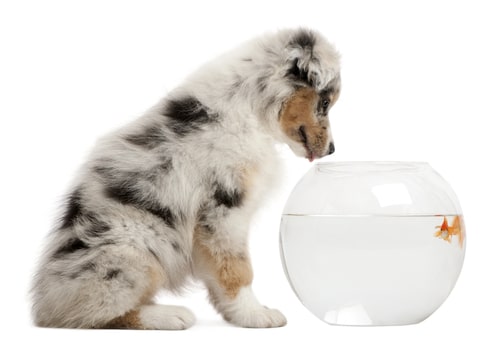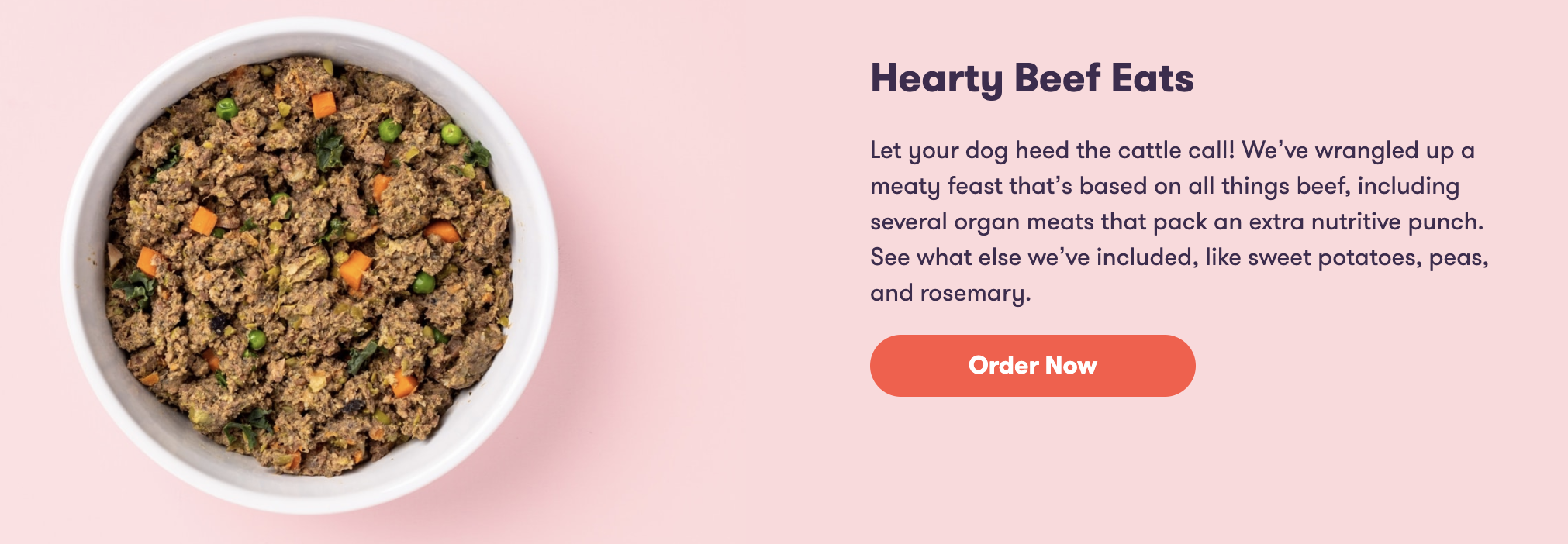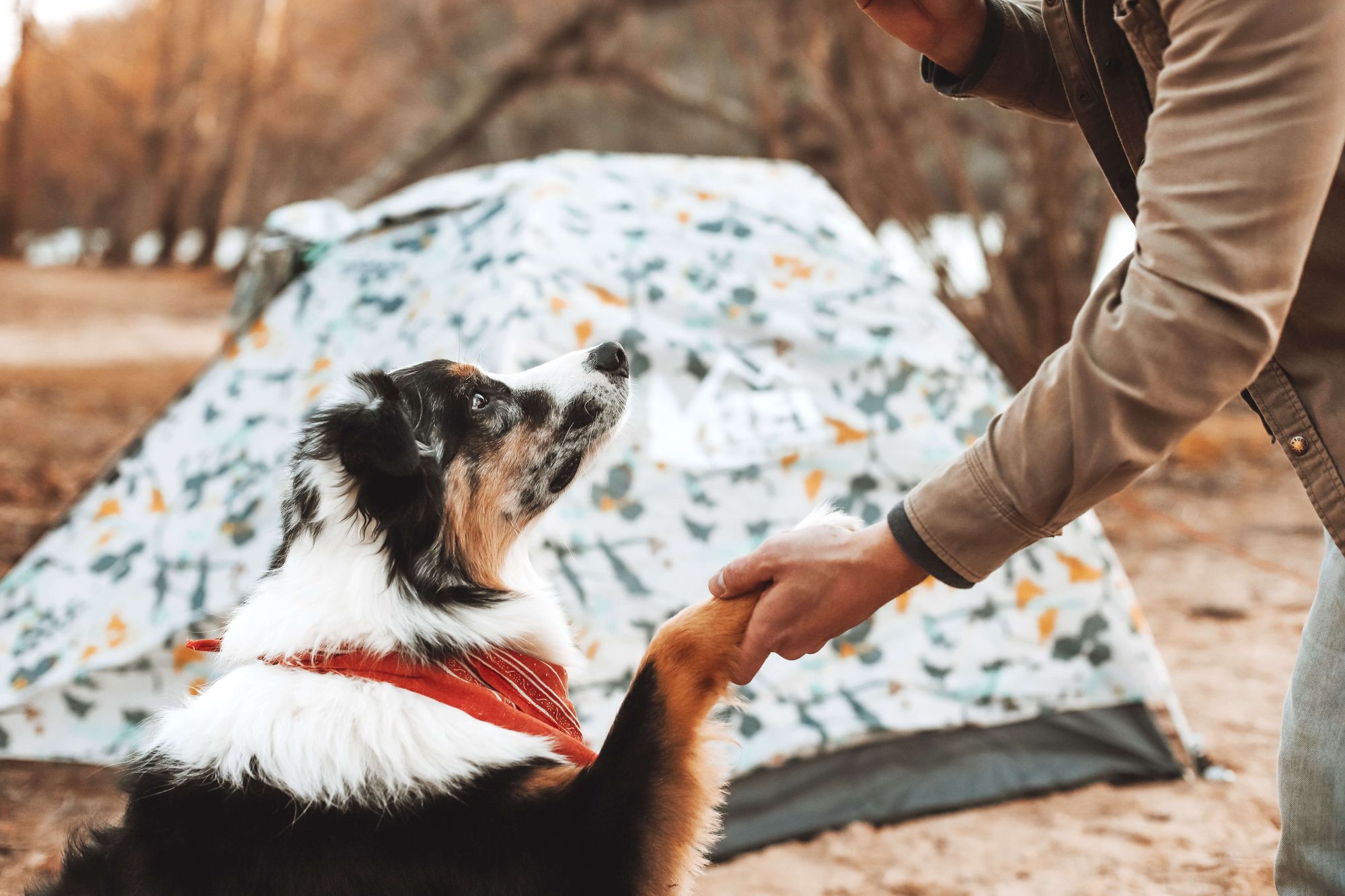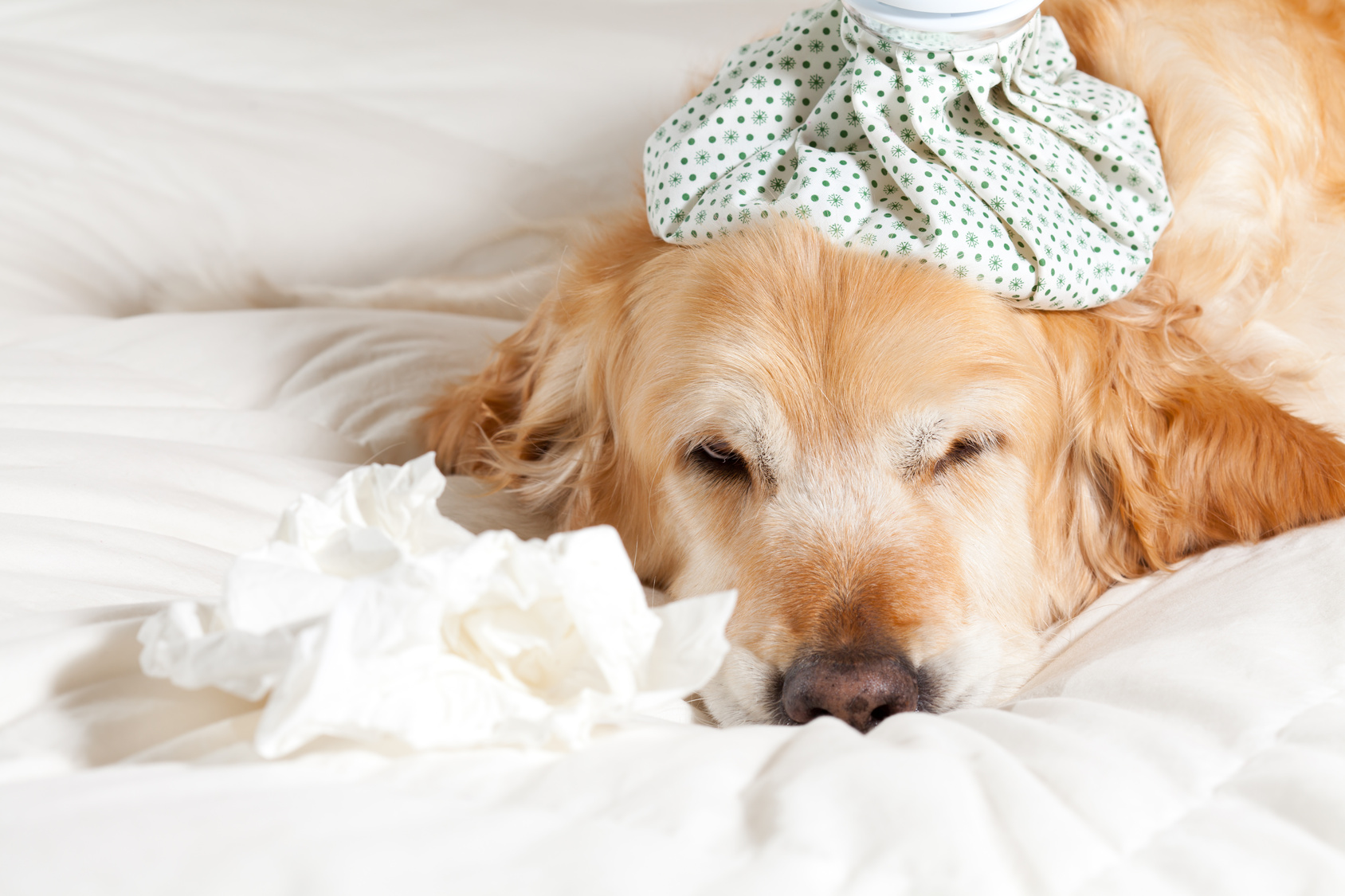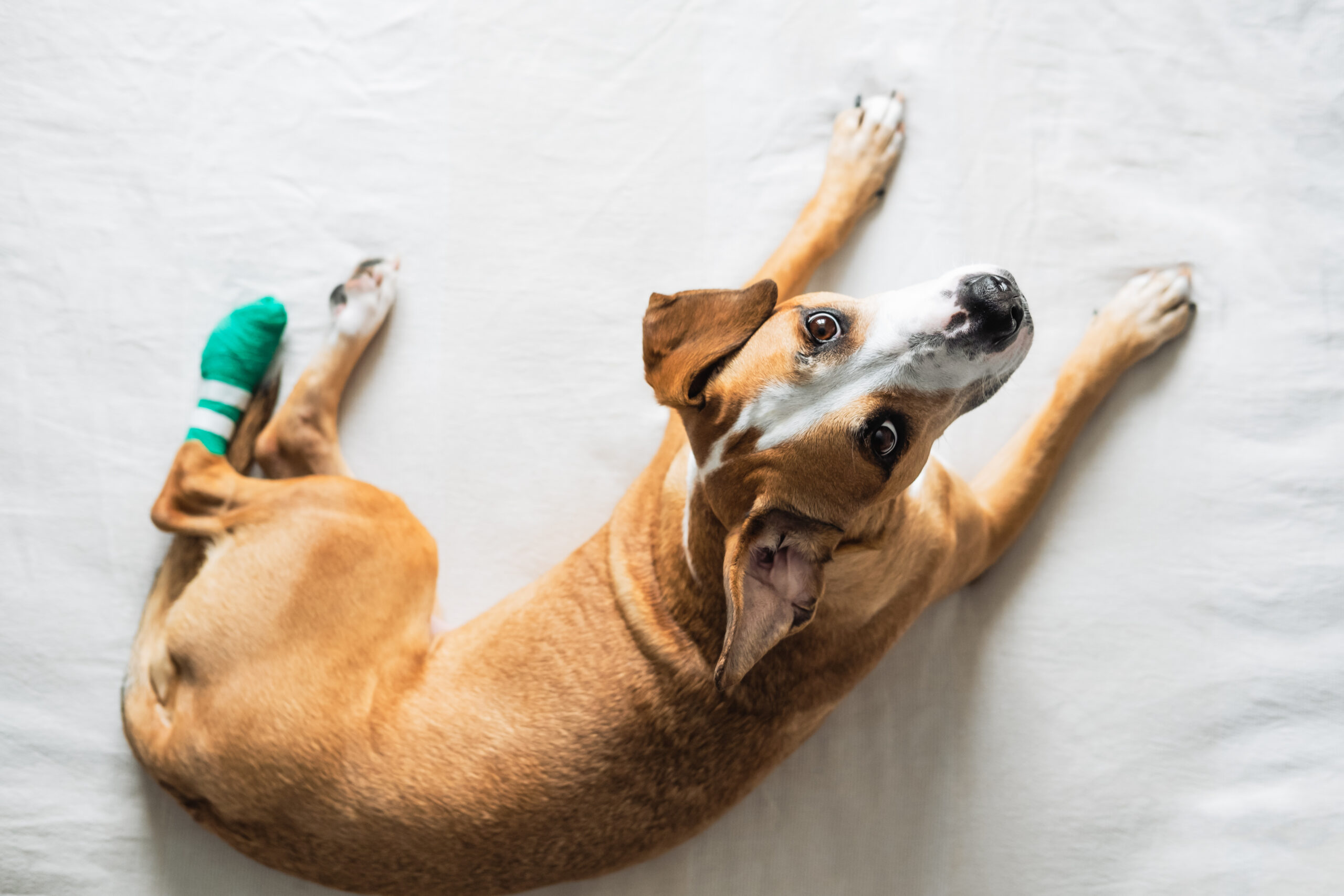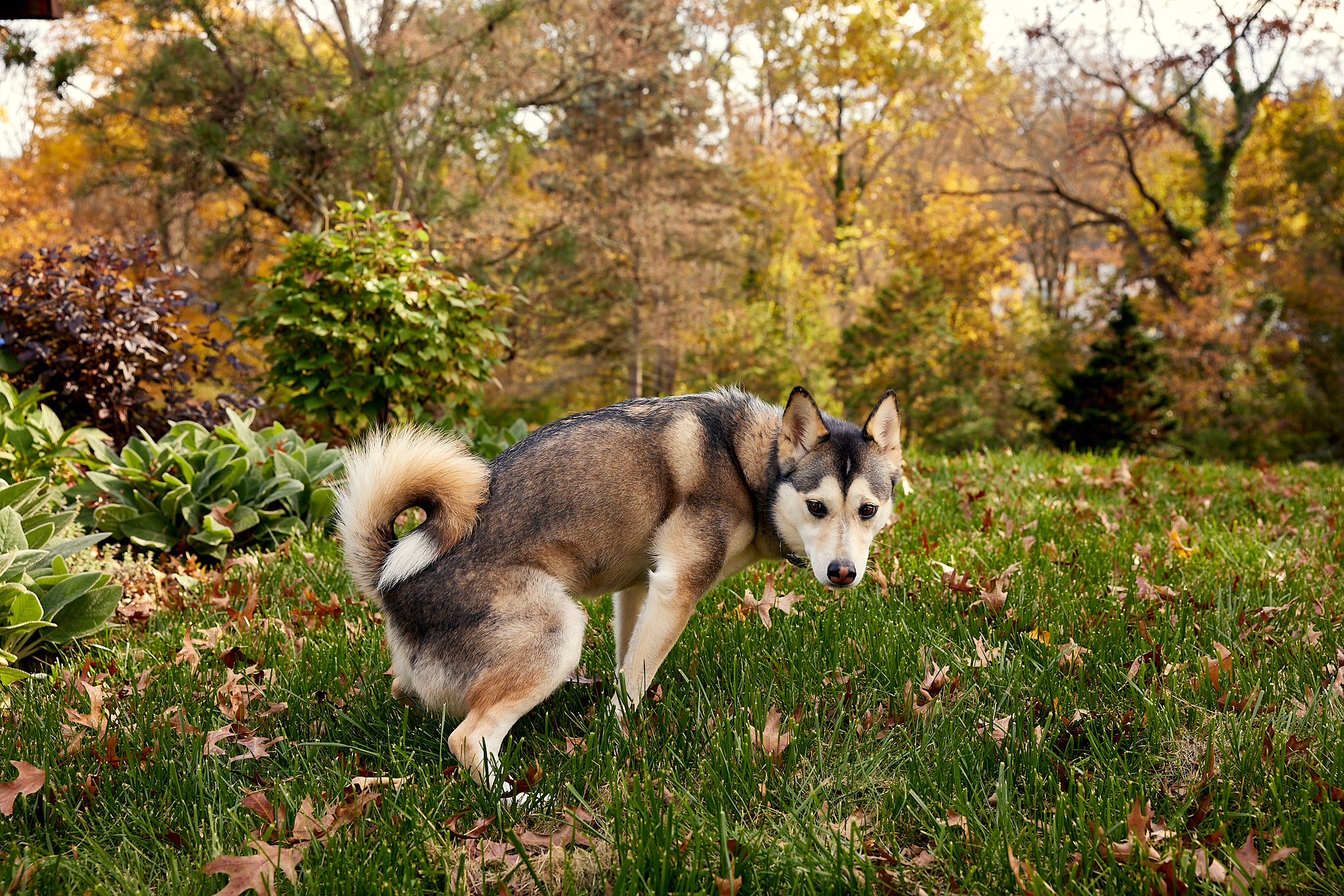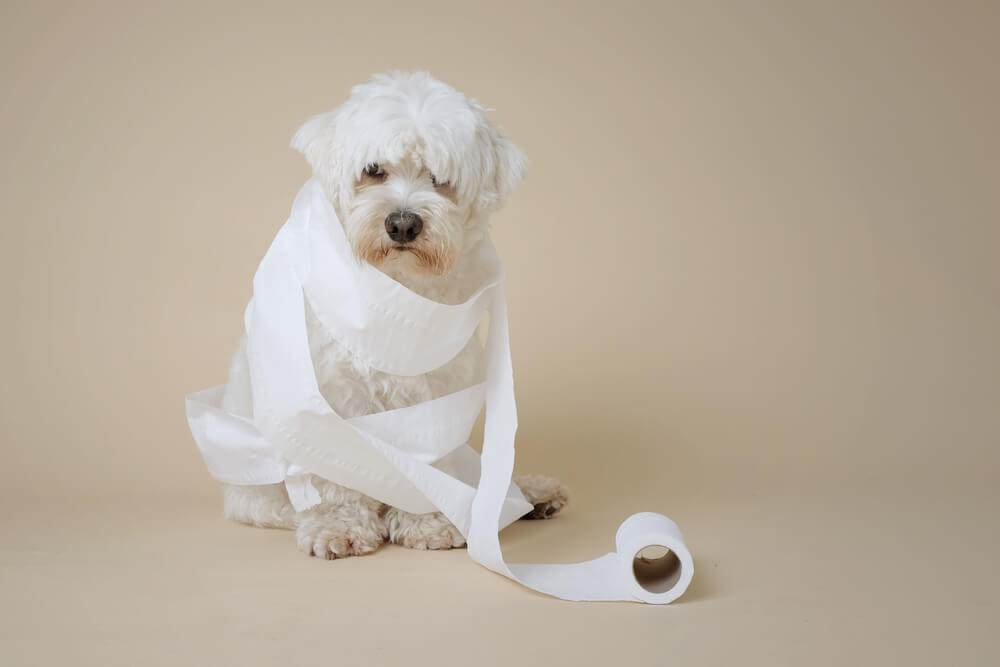Hey Ollie blog readers! We’re offering you an exclusive 60% OFF your starter box! Try now!
Does your pup ever smell a little…fishy? It’s most likely not because he got into that jar of sardines. Unfortunately, the stench could be a sign of an underlying health issue. According to Judy Morgan DVM, a holistic vet based in New Jersey, your dog might smell like fish because of a yeast infection in his ears, on his skin or feet, or—more seriously—because he might have a problem expressing his anal glands. Here’s how to figure out the source of the stink and how humans can treat the source:
Examine your pup from the tip of his nose to the tip of his tail
In order to find the source of that stinky odor, Morgan recommends first smelling the ears and face of your pup, because “sometimes eye discharge will cause a sour [fish-like] smell,” she says. “Yeast in the ears can produce the same [smell].” Then move on to your pup’s feet and “look for brown stains from licking,” as a yeast infection in the feet also tends to produce a fish-like smell. Lastly, Dr. Judy recommends you “lift your pup’s tail and look for swelling, redness or drainage around the anal area.” If the fishy smell is strong there, Judy warns that your dog’s anal glands are most likely the problem.
If it’s a yeast infection…
Like many nasty things, yeast grows best in warm, dark places. According to Dr. Morgan, yeast infections in dogs are most commonly found “inside [the] ears, between the back legs, around [the] vulva, between [the] toes and pads, or around the eyes due to tear drainage.” If you’ve ever made bread from starch by mixing yeast with warm water, you’ve probably noticed that it produces a similar, fishy smell. Other than making an immediate appointment with your vet, Dr. Morgan recommends that you limit your dog’s simple carbohydrate intake. “Simple carbohydrates and starches break down to sugars [in your dog’s digestive system] which feed the yeast” and help it grow, she explains. If your pup is diagnosed, limiting his intake of carbohydrates (like peas, lentils, legumes, starchy grains and potatoes) while he’s infected could help stop the infection from getting worse, according to Dr. Morgan.
If it’s an anal gland disorder…
Anal glands (also known as anal sacs) aretwo small pouches located at either side of your dog’s anus. These glands produce smelly secretions that act as scent markers for your pup, which dogs use to mark their territory and to identify each other. According to Dr. Morgan, the odor can become fishy if your pup is having trouble expressing his anal glands when he poops. If your dog has frequent loose stools or diarrhea, Dr. Morgan warns that his anal sacs might become infected. So what can you do about it? Instead of manually expressing them, which can cause swelling, Dr. Morgan recommends avoiding dry food and feeding your pup a high-moisture, gently cooked diet that will help him “make a well-formed stool [that] will generally solve anal gland problems.” Dr. Morgan also recommends making sure that your pup is getting enough fiber in his diet, which can make it easier for your pup to express his anal glands.
The Ollie blog is devoted to helping pet parents lead healthier lives with their pups. If you want to learn more about our fresh, human-grade food, check out MyOllie.com.
Tagged As:

The nutrition your dog needs,
the food they want.

Enjoying our articles? Subscribe our Newsletters and get new articles directly to your inbox
You might also like
26 April 2024
4 MINS READ
How Often Should I Take My Dog To The Vet?
Routine veterinary care is important for your dog’s overall health—but how often should your pup visit the vet? We answer this question and outline common health signs that warrant a veterinary…
by Ollie Pets
28 February 2024
6 MINS READ
Why Do Dogs Eat Poop & How to Stop It
Does your dog partake in poop? We get to the bottom of this unusual behavior, including its medical and behavioral causes, and how to address it.
by Ollie Pets
30 August 2023
6 MINS READ
Dog Diarrhea: How to Prevent and Resolve
Dog diarrhea is distressing for pups and their owners. Understanding common diarrhea causes can help you respond quickly and effectively to your pup’s intestinal issues.
